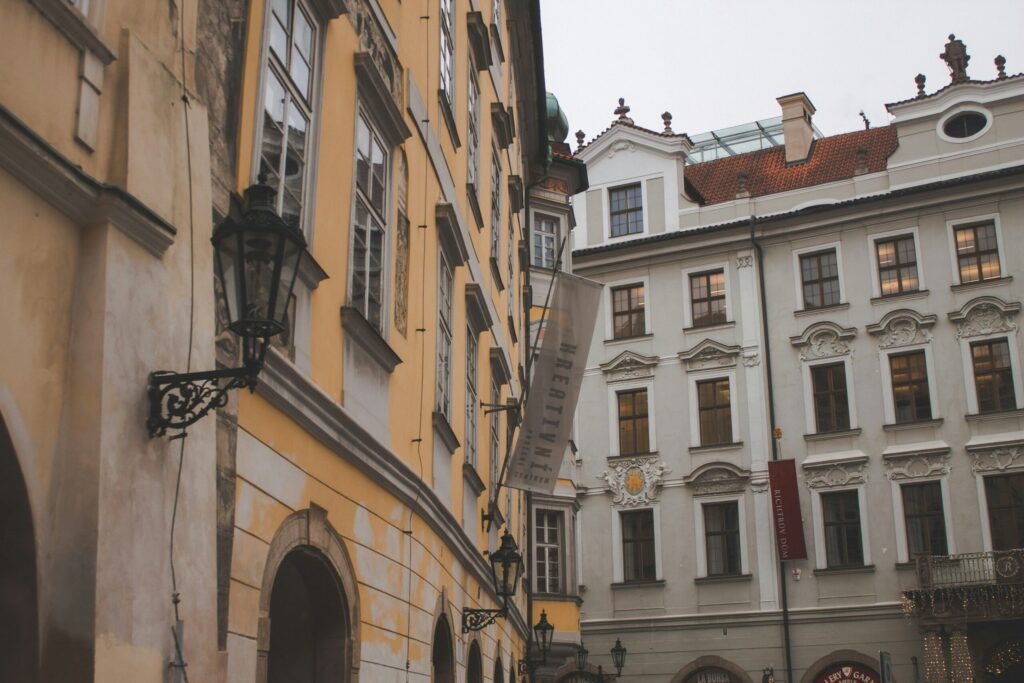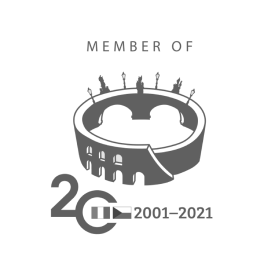
WHERE FOREIGNERS BUY PROPERTY IN THE CZECH REPUBLIC
In recent years, the Czech real estate market has undergone a significant shift in the behavior of foreigners. Where once they were almost exclusively drawn to prestigious districts such as Vinohrady, Dejvice, or Prague’s Old Town, there is now a growing trend of purchasing properties in less central areas, including urban outskirts, Brno, and even rural regions near the German border. Nowadays, approximately 27% of current sales are made to foreigners. This reflects a broadening of interest across the entire country, no longer focused solely on premium apartments in the heart of the capital. The shift is driven both by a desire to diversify investments and by the increasing saturation of Prague’s central neighborhoods, where prices are high and availability is limited.
Targeted investments and cash payments: the foreign buyer’s strategy
Foreign interest in the Czech property market isn’t always linked to the search for a permanent residence. On the contrary, many focus on smaller apartments, to be used as long-term rental investments. Most buy to generate rental income, often paying in cash. This purchasing method makes them particularly attractive to real estate agencies, who see foreign buyers as decisive, fast-acting, and open to negotiation. University cities like Brno are an additional magnet for these investments, thanks to a constant demand for rental housing from students and temporary workers.
Ukrainians on the front line: renovations and quick purchases
One of the most active communities in the Czech real estate market is the Ukrainian one. Ukrainian buyers aren’t deterred by outdated interiors or properties needing renovation. Often employed in the construction sector, many handle the renovations themselves, reducing costs and speeding up the process. Purchases are frequently supported by pooled family resources and are often paid in full. This hands-on approach has also made them key players in the prefab housing segment (known as panelák), once overlooked but now increasingly seen as a low-cost investment opportunity. Around 10% of buyers in this segment are now foreigners.
The countryside attracts German retirees
An especially interesting trend concerns the border regions, particularly in the north and west of the Czech Republic. German retirees, in search of peace and an affordable standard of living, are buying homes and land in areas like Lipová and the wider North Bohemia region. Prices here are significantly lower than in neighboring Bavaria or Saxony, making these locations highly attractive. It’s not uncommon to see German license plates parked outside well-maintained farmhouses or weekend cottages. This quiet but steady migration recalls the early wave of post-Velvet Revolution foreign investment, when Italians were among the first to buy cheap property in Prague. Today, however, new buyers are predominantly private individuals rather than companies, with a strong senior demographic.
Who are the foreign buyers: data and trends
According to the latest estimates from the Ministry of the Interior, approximately 1.09 million foreigners currently live in the Czech Republic, making up about 10% of the total population. Among them are around 600,000 Ukrainians, 122,000 Slovaks, 70,000 Vietnamese, and 40,000 Russians (the latter subject to EU sanctions checks). Foreign presence is therefore significant not only demographically, but also in terms of impact on the real estate market: in new Prague developments, foreign buyers account for nearly one-third of purchases, while in Brno they represent about 20–25%. Even the sale of agricultural land is now monitored more systematically, with buyer nationality tracked to ensure compliance with reciprocity agreements between states.
A more international future for Czech real estate
Market trends suggest that the internationalization of real estate in the Czech Republic is unlikely to slow down. On the contrary, the combination of still competitive prices compared to Western Europe, economic stability, and favorable geographic location continues to attract new buyers from across Europe and beyond. The diversification of preferred locations, from city centers to rural areas, also points to a more mature market and growing interest in quality of life, long-term investment, and residential flexibility. In this context, the Czech Republic is increasingly becoming a residential and commercial crossroads, where real estate remains a strategic safe haven even for those coming from afar.
Sources: https://www.expats.cz/




